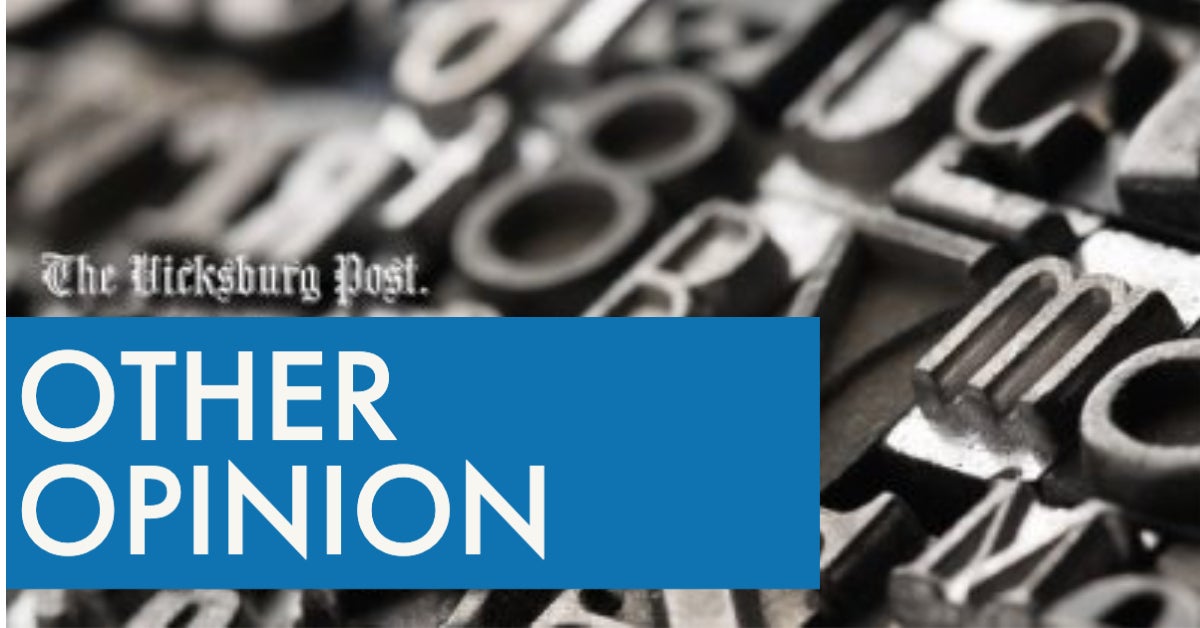OTHER OPINION: The Auditor’s Diversity Report
Published 8:00 am Wednesday, June 21, 2023
The most notable news in State Auditor Shad White’s report on diversity, equity and inclusion (DEI) spending at Mississippi’s public universities is that several of the schools have created administrative jobs for the work.
According to White’s report, the state’s eight universities plus its medical center reported spending a total of $23.4 million on DEI programs over the most recent four fiscal years, including the current one. That amount includes nearly $11 million in state funds, with the rest coming from private grants or federal programs.
In the current fiscal year, 70% of DEI spending was for employee salaries and benefits. Also, annual DEI spending is up 47% since 2019.
One element that may be overlooked is the Ayers college desegregation settlement in 2002, where the state agreed to spend $503 million to upgrade its three historically Black universities. Mississippi Valley State’s only DEI entries were for recruiting non-Black students to enroll and helping them with tuition — a total of $673,000 over four years.
More typical is the roughly $250,000 that Alcorn State budgeted this year for its Office of Diversity, Equity and Inclusion. The office sets up things like “diversity dialogues” and monthly cultural celebrations. The problem is that $220,000 of the budget is for three employees’ salaries and benefits — a large percentage.
Another typical report came from Mississippi State, which has budgeted $1.3 million this year for DEI. Its Division of Access, Diversity & Inclusion had four employees and a $520,000 budget this year to attract and graduate a diverse student body. Another four employees at the separate Office of Institutional Diversity & Inclusion, budgeted for $228,000, are supposed to create a diverse and inclusive environment for State’s faculty and staff.
One response to White’s report came from the state College Board staff. It noted correctly that the universities have an obligation to support their diverse student bodies.
“Spending on diversity programs is less than 1% of appropriations received from the state and the system budget,” the statement said. “Providing programs to retain students so they can graduate and join the workforce is a worthy investment that strengthens our universities and our state.”
Mississippi State President Dr. Mark Keenum, because of his longevity in Starkville, may be the best spokesman for DEI. Here’s what he told the Magnolia Tribune website:
“Significantly, MSU enrolls a higher percentage of African Americans than any other university in the Southeastern Conference and a greater proportion of African Americans than any other historically white land-grant university in the nation.” Put another way, Mississippi State has to compete for students, and one way to attract more of them is to make sure the university treats people of all backgrounds fairly.
He added that the school’s Access, Diversity and Inclusion program also works with military veterans, first-generation students, former foster home students, disabled students and Native Americans — in short, the people who might feel intimidated or out of place.
White’s report focused on spending, so there is no discovery of a university spending money on an extreme DEI program that spouts something silly, like claiming that all white people are irredeemable racists.
His report did highlight the payroll costs of DEI programs. But it’s just hard to shake the feeling that the Republican elected official is tackling the topic to score political points — following the script of the Florida governor and now GOP presidential candidate Ron DeSantis — if White seeks a higher office one day.
Originally published in the Greenwood Commonwealth.





